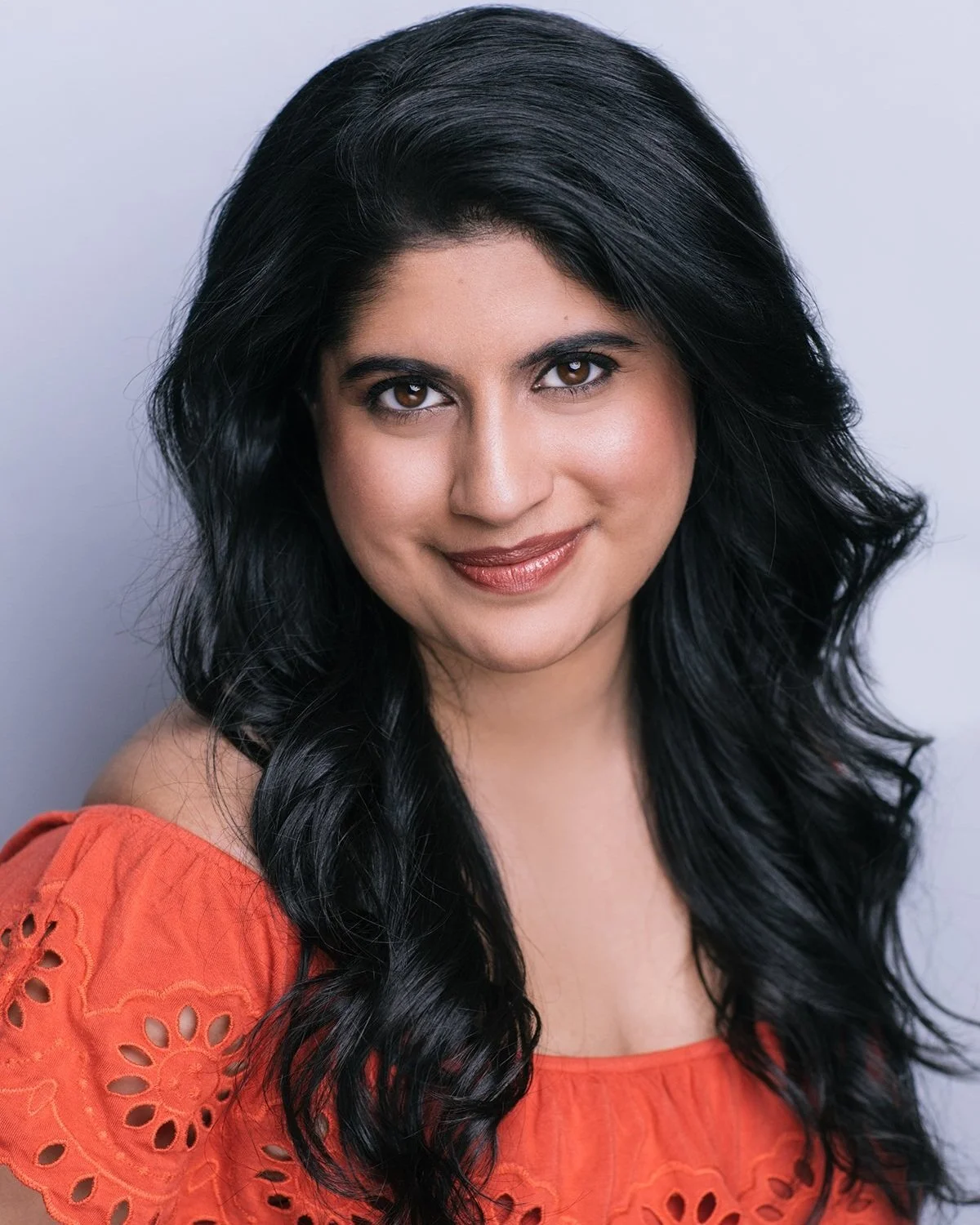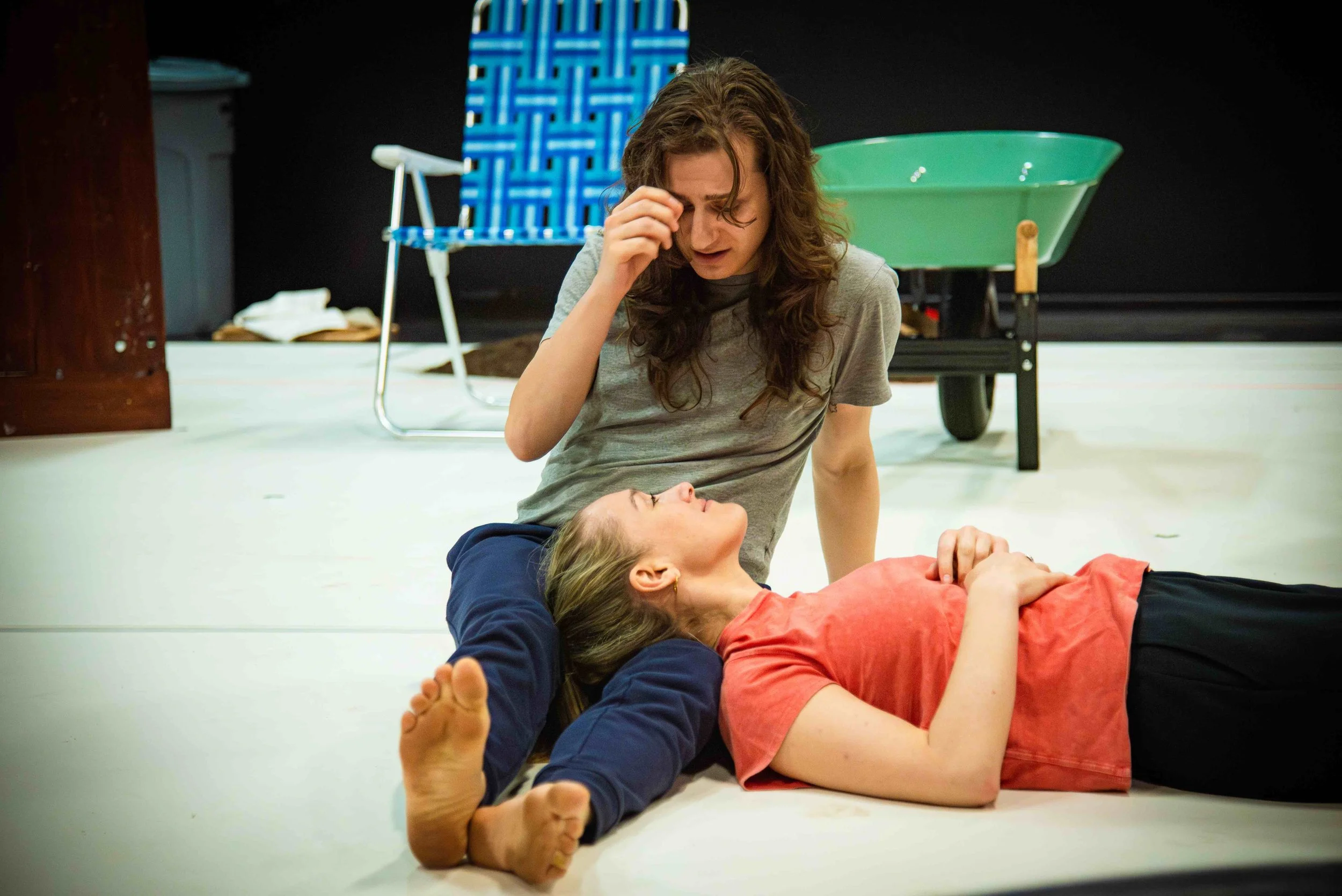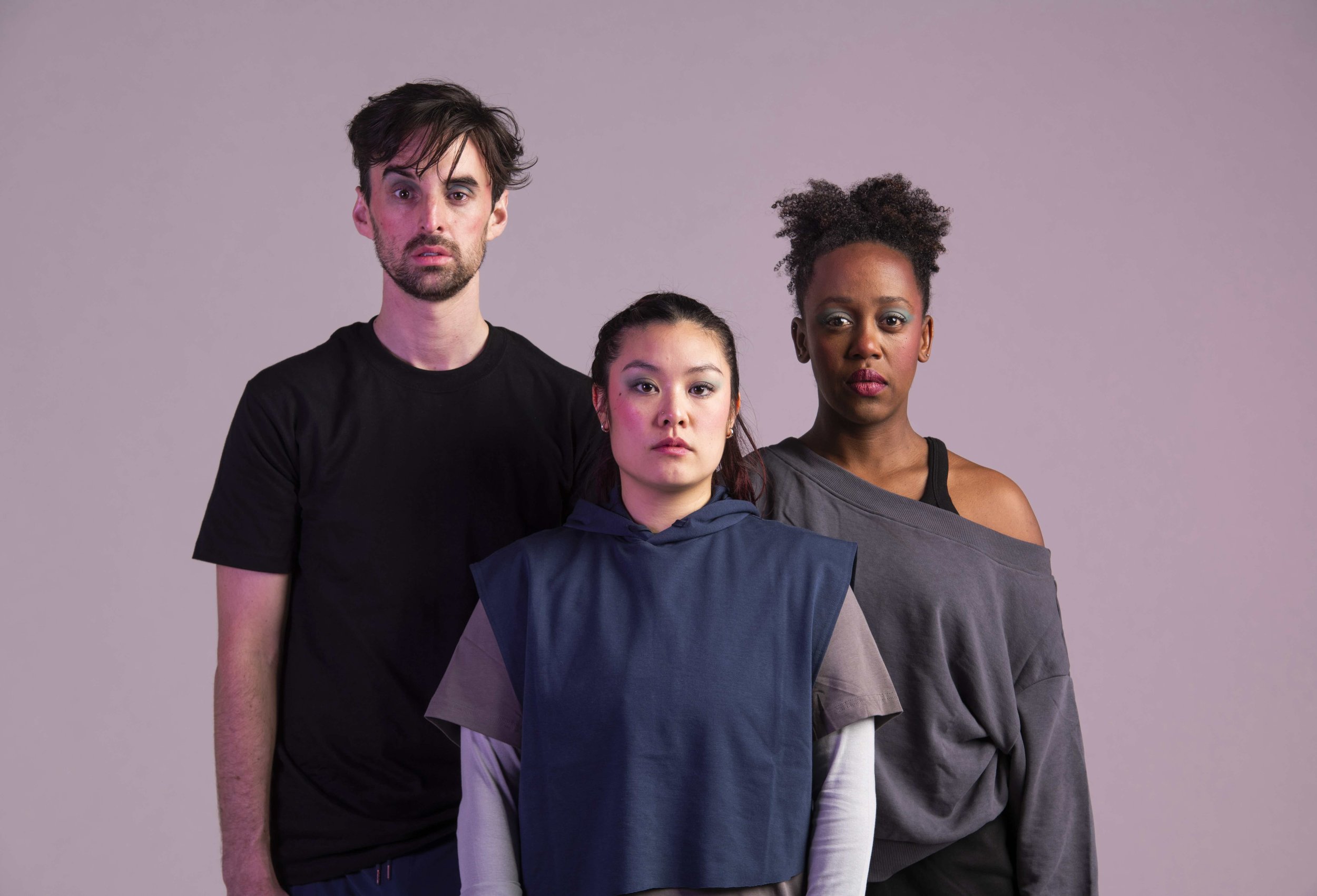Vancouver actor Sabrina Vellani welcomes The Wrong Bashir's comedic take on her Ismaili community
New play uses laughter to explore intergenerational conflict around traditions
Sabrina Vellani
Touchstone Theatre, in association with the Firehall Arts Centre and vAct, presents The Wrong Bashir, at the Firehall March 2 to 12
SABRINA VELLANI would never have believed that, after graduating from UBC theatre in 2018, she’d star in local plays based entirely around her Ismaili culture.
But almost right away, five years ago, she began taking part in the workshop development of Zahida Rahemtulla’s The Wrong Bashir, as part of Touchstone Theatre’s Flying Start program.
“This was the first play I’d read about an Ismaili family in a comedic setting—and one that’s just so open about the issues that come up in our community,” the actor tells Stir in a phone interview.
Delayed by the pandemic, The Wrong Bashir’s mistaken-identity romp is finally hitting the Firehall Arts Centre stage. But, amazingly, it will mark the second Ismaili-based play that Vellani has performed in over the past year. Last fall, she also played a role in Salim Rahemtulla’s 90 Days, staged by Western Gold Theatre. Written by Zahira Rhemtulla’s father, it traced the traumatic events of a family ordered out of Uganda during president Idi Amin’s 90-day expulsion of all South Asians from the country.
“Seeing the fact that we get to put on plays in a professional setting over the last year has been amazing,” Vellani says. “I had a few friends come to 90 Days, and I feel like they kind of got to learn about the community I come from and some semblance of what my relatives went through in East Africa. I feel like there were people in my life who got to learn a little bit about my family. So I’m really glad these plays are being written. And it takes guts to be the first one.
“They’re a very interesting father-daughter duo there!” she adds of the playwrights.
Produced in association with Firehall Arts Centre and Vancouver Asian Canadian Theatre (vAct), the new comedy centres on the titular Bashir Ladha (Aman Mann), a philosophy major and budding nihilist who has mistakenly been selected to assume a prestigious Ismaili religious position. When his parents accept that role on his behalf, it creates conflict between the older and younger generations.
Vellani takes the part of Nafisa, Bashir’s younger sibling. “She plays the role of being helpful in her family, while observing her brother going through something that is really absurd,” she says. “She’s trying to maintain the calm. It’s like looking at a train and saying, ‘Is it going to crash?’”
Vellani says she relates deeply to the older brother struggling to fit into the traditional role that is pushed upon him.
“There’s a lot of ways in which the second generation is exploring outside the community,” she explains. “And, just like in most communities, that causes a lot of intergenerational conflict between parents and kids and grandparents. So I just loved how this play showed that and was willing to put that onstage. Because I think that for some people it’s a little uncomfortable to admit ‘This exists in my family—like, my kid doesn’t want to go to khane, or the mosque.’ And it’s great that we can look at this through a comedic lens as well.”
Expect laughs and full-on farce, as grandparents, parents, council officials, and others come and go from the Ladha home.
As for the cast, many of whom have been working on developing The Wrong Bashir since its beginnings five years ago, they’ve formed a sort of family bond as well; Vellani reports that rehearsals are full of laughter. And so for reasons beyond the fact that the new play draws on her own culture, Vellani is feeling especially close to the character of Nafisa and her clan. “Even as I’ve been going through the lines, I think, ‘Oh! I know this line already in my body,’ weirdly, because I’ve read it so many times,” she relates. “And this is comedy where you really have to add that physicality to the character.”













